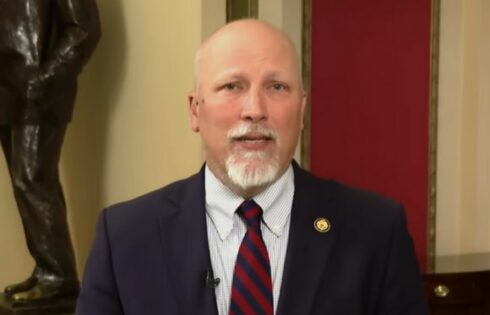
But ideology comes first, facts second and double standards abound
Cancel culture is coming after pro-life scientists.
One journal retracted three papers about complications due to abortion drugs last month – prompting the researchers to take legal action. Another journal just put on hold a philosopher’s article making a moral case against abortion after the abstract was met with “racism” complaints online.
Now, researchers are calling for the retractions of four more studies that they claim erroneously link abortion to mental health problems.
Leading the effort is Bryn Mawr College Professor Julia Littell, according to States Newsroom.
In a British Medical Journal article, she and 16 other “experts on reproductive and mental health and scientific methods” outlined the reasons why they believe the studies should be retracted or corrected, the report states.
They argue the research, published between 2002 and 2011, “erroneously attributed women’s mental health issues to abortions they had, in some cases by confusing correlation with causation and failing to correct for factors that explained the relationship,” the report states.
“It turns out that women who have abortions may be more likely to have mental health problems to begin with,” Littell said. “… Abortion isn’t really predicting that. Abortion is co-occurring with that.”
The report framed the studies as being “authored by a handful of longtime anti-abortion activists.”
There is nothing wrong with research being scrutinized and corrected when found to be in error. But their call, coupled with the other recent retractions, raises red flags.
First, there seems to be a double standard when it comes to researchers’ biases. Pro-life scholars often are referred to as “anti-abortion activists” while pro-abortion scholars are professors and research “experts on reproductive health.” But the pro-life scholars who authored the studies in question also are professors and researchers from reputable higher education institutions.
Second, little consideration seems to be given to pro-life researchers’ concerns about flaws with pro-abortion scholars’ research. For example, Priscilla Coleman, a retired professor of human development and family studies at Bowling Green State University, published an article questioning the methods of the widely-cited “Turnaway Study,” which concluded women are better off having abortions than not.
University of California San Francisco Professor Diana Foster, the lead author of that study, is one of the researchers now calling for retractions of Coleman’s research, which contradicts her own. Yet, Coleman’s case against Foster’s research has received little attention.
Third, the retractions all involve research about the physical and psychological risks of abortion. And it is curious that these risks rarely get mentioned outside pro-life circles. Quite often, academics like Foster and Littell counter that abortions are one of the safest medical procedures and not having one poses risks.
But no medical procedure is without risks. What are they? Who is studying them? Is it really true that abortion is as safe as some claim? For women, that is, because it’s never safe for the unborn baby.
These are important questions that academics should be exploring – fairly and honestly. No matter where one stands on the issue, it’s important to know what the risks are and how methods can be improved for women’s betterment.
Abortion is probably the most hotly debated issue in modern society. But the growing calls for retractions suggest there is no room for debate anymore.
As seems to be happening with so many areas of academic research nowadays, ideology comes first, facts second.
And double standards abound.
MORE: Journal faces ‘legal action’ for pulling pro-life papers
IMAGE: Lightspring/Shutterstock
Like The College Fix on Facebook / Follow us on Twitter







Please join the conversation about our stories on Facebook, Twitter, Instagram, Reddit, MeWe, Rumble, Gab, Minds and Gettr.